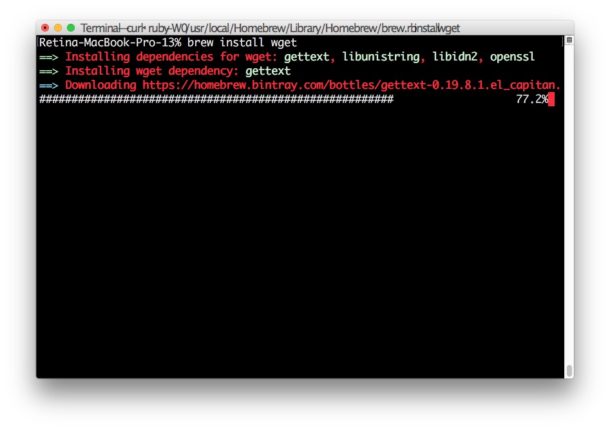
Replace with the name of the formula you want to install. To install a package using a formula on Homebrew, simply run: brew install It builds software from source using special Ruby scripts called formulae which look like this (Using wget package as an example): class Wget > ~/.bash_profileĮval "$(/home/linuxbrew/.linuxbrew/bin/brew shellenv)" Install and Investigate Packages

Homebrew uses Ruby and Git behind the scenes. The author and the Fedora community are not responsible for any damages that might result directly or indirectly from following this article. However, do all the installations at your own risk. Homebrew packages usually run as a non-sudoer user and to a dedicated prefix so they are quite unlikely to cause harm or misconfigurations. You should always inspect the packages and binaries you are installing on your system. In this article, I will try to show you how Homebrew is different from Fedora Linux package manager dnf, why you might want to install and use it on Fedora Linux, and how. This package manager works on Fedora Linux too. In addition, it installs packages only to its prefix (either /home/linuxbrew/.linuxbrew or ~/.linuxbrew) as a non-root user, without polluting system paths.


It is written in Ruby and provides software packages that might not be provided by the host system (macOS or Linux), so it offers an auxiliary package manager besides the OS package manager. But, it can be used on Linux (and Windows WSL) as well. Homebrew is a package manager for macOS to install UNIX tools on macOS.


 0 kommentar(er)
0 kommentar(er)
